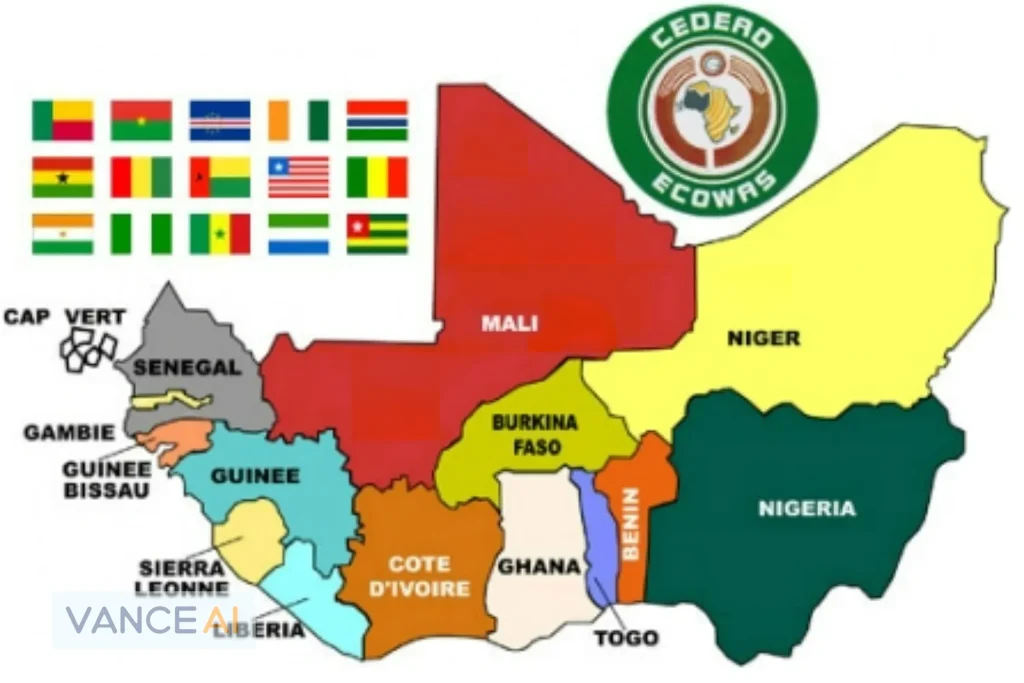Last year, 20 start-ups across Africa shut down, and many more had to reduce their operations because of a funding shortage that affected many countries. This caused many people to lose their jobs.
In 2023, the total amount of money raised by African start-ups dropped by 31%, going from $6.5 billion in 2022 to about $4.5 billion. This reduction in funding severely impacted the cash flow of many young companies.
According to the African Venture Capital Association (AVCA), several start-ups that had previously raised significant funding were forced to close after failing to secure additional investment. AVCA explained that this funding drought made it difficult for early-stage companies to continue, leading some to reduce their activities or shut down completely.
The reasons for these closures include a lack of working capital, difficulty in gaining enough market presence, and some cases of corporate governance problems involving company founders.
In Kenya, despite the global funding slowdown, several start-ups had to either shut down or scale back operations after failing to raise more funds. For example, logistics company Sendy, which had raised $20 million in 2020, ended its retail platform in 2022 and later went into administration after defaulting on its debts. Similarly, e-commerce platform Zumi shut down in March 2023 due to a lack of follow-up funding.
Other companies, like Twiga Foods, had to lay off up to 30% of their staff due to financial difficulties, while Copia, an e-commerce platform, suspended its operations in Uganda after expanding there.
In Nigeria, eight start-ups, including genomics company 54gene and crypto exchange Bundle Africa, closed down, while others downsized. Across the continent, it’s estimated that over 1,000 people lost their jobs due to these closures and scaling back.
High inflation and interest rates in the US have made it less attractive for investors to put money into African start-ups, and if the funding drought continues, even more companies may shut down in the future, AVCA warns.
However, one positive change is that more African-led start-ups are receiving investment. In 2023, 86.7% of funded start-ups were founded by Africans, while start-ups founded only by expatriates made up just 4.2%. This shift shows that investors are gaining confidence in companies led by locals.
In the past, start-ups led by expatriates, especially white or Asian founders, were more likely to receive funding, even if their solutions didn’t address real problems. But now, local-led firms are getting more support from both African and international investors.
For example, in 2019, most start-ups that raised over $1 million were founded by foreigners, and only a small percentage of local-led companies received funding. In Kenya, 65% of funded start-ups were founded by expatriates, while only 11% were led by locals. Across Africa, 45% of funded start-ups in 2019 were founded by foreigners. By 2022, this had changed, with 94.8% of start-ups having at least one local co-founder.
While most start-up investors still come from outside Africa, there has been an increase in local investors. In 2023, 29.4% of start-up investors were based in Africa, compared to 18.6% in previous years. This shows that more African investors are getting involved in supporting local innovation, though the majority of investment still comes from North America and Europe























